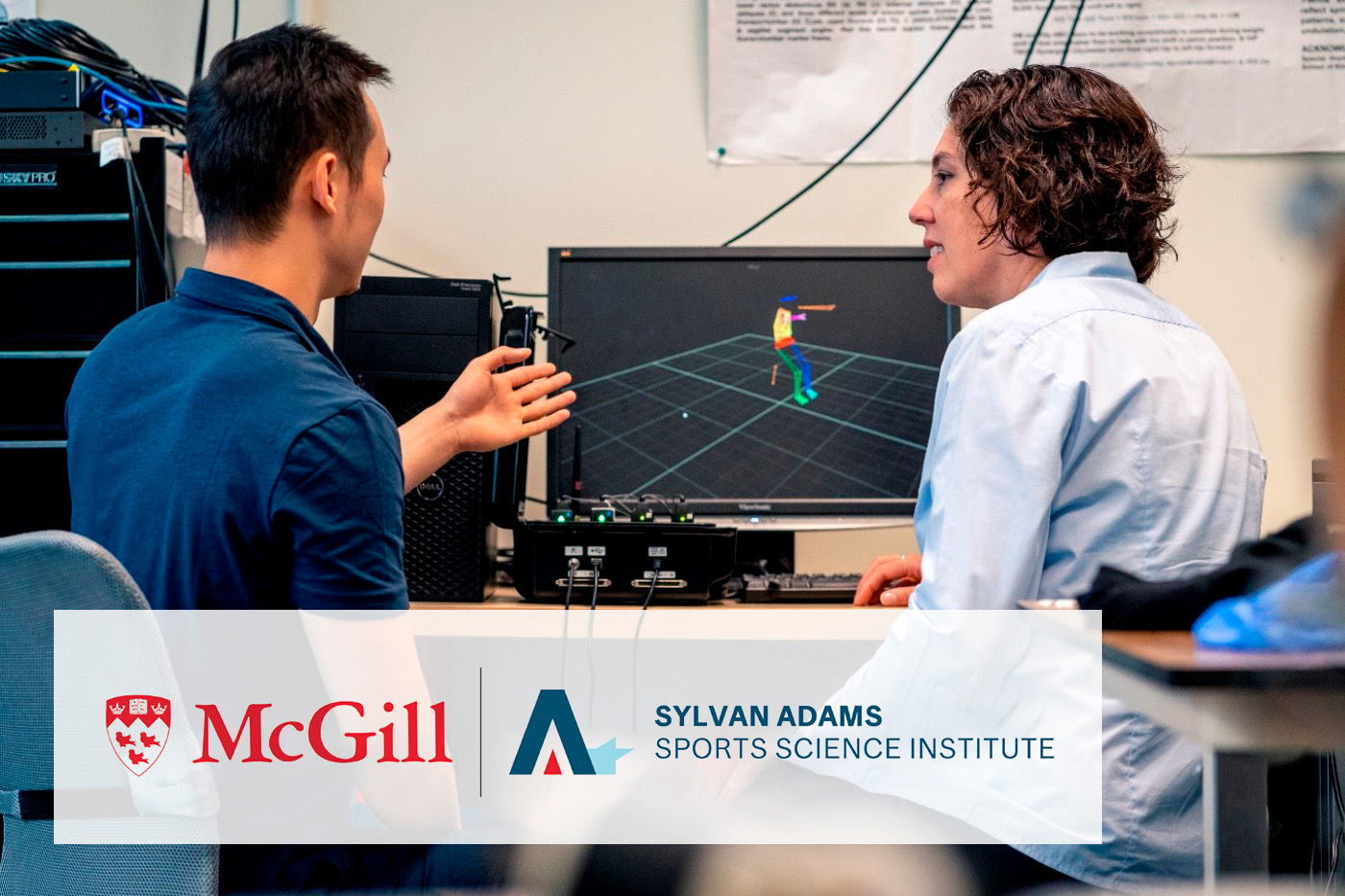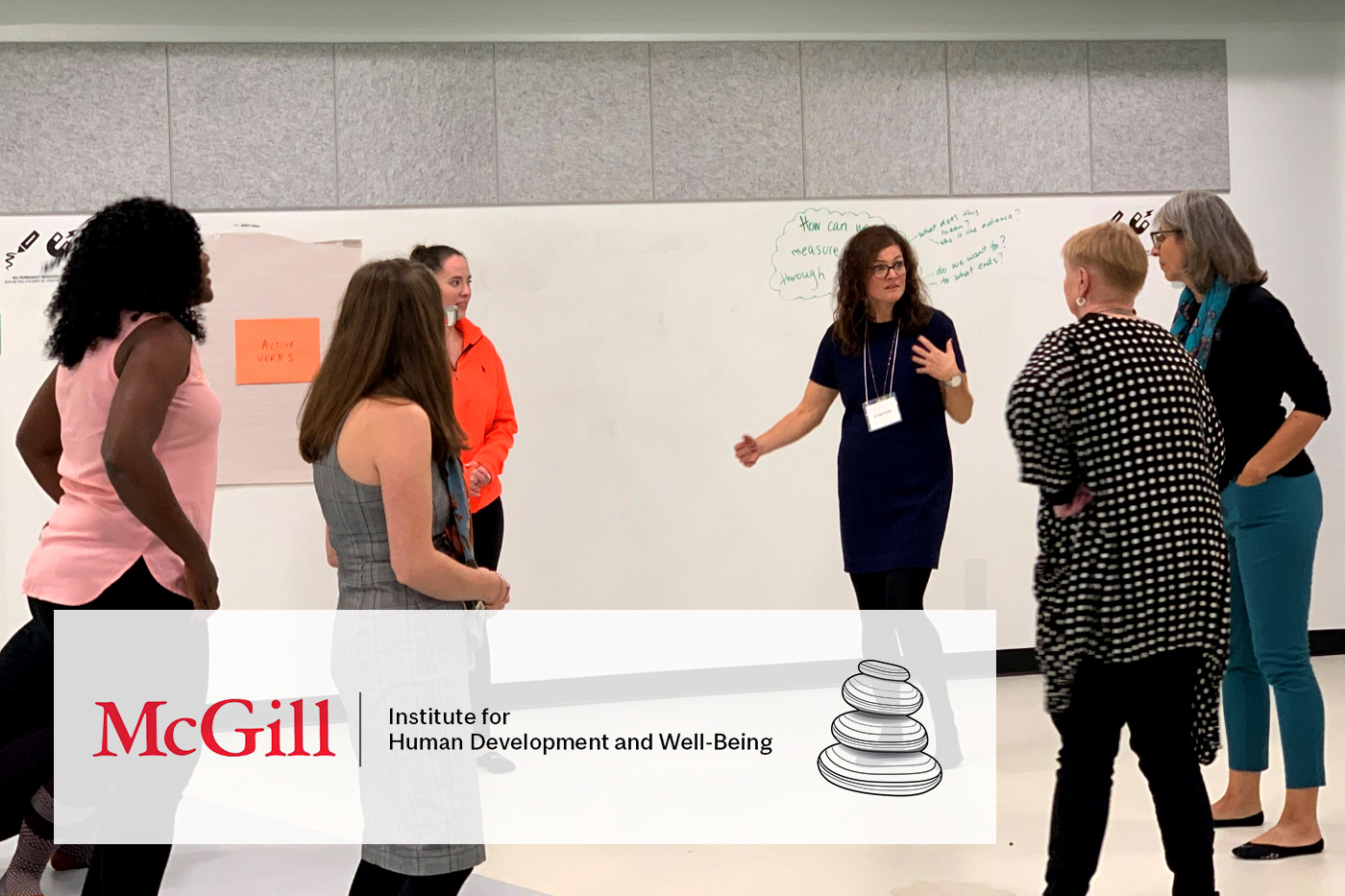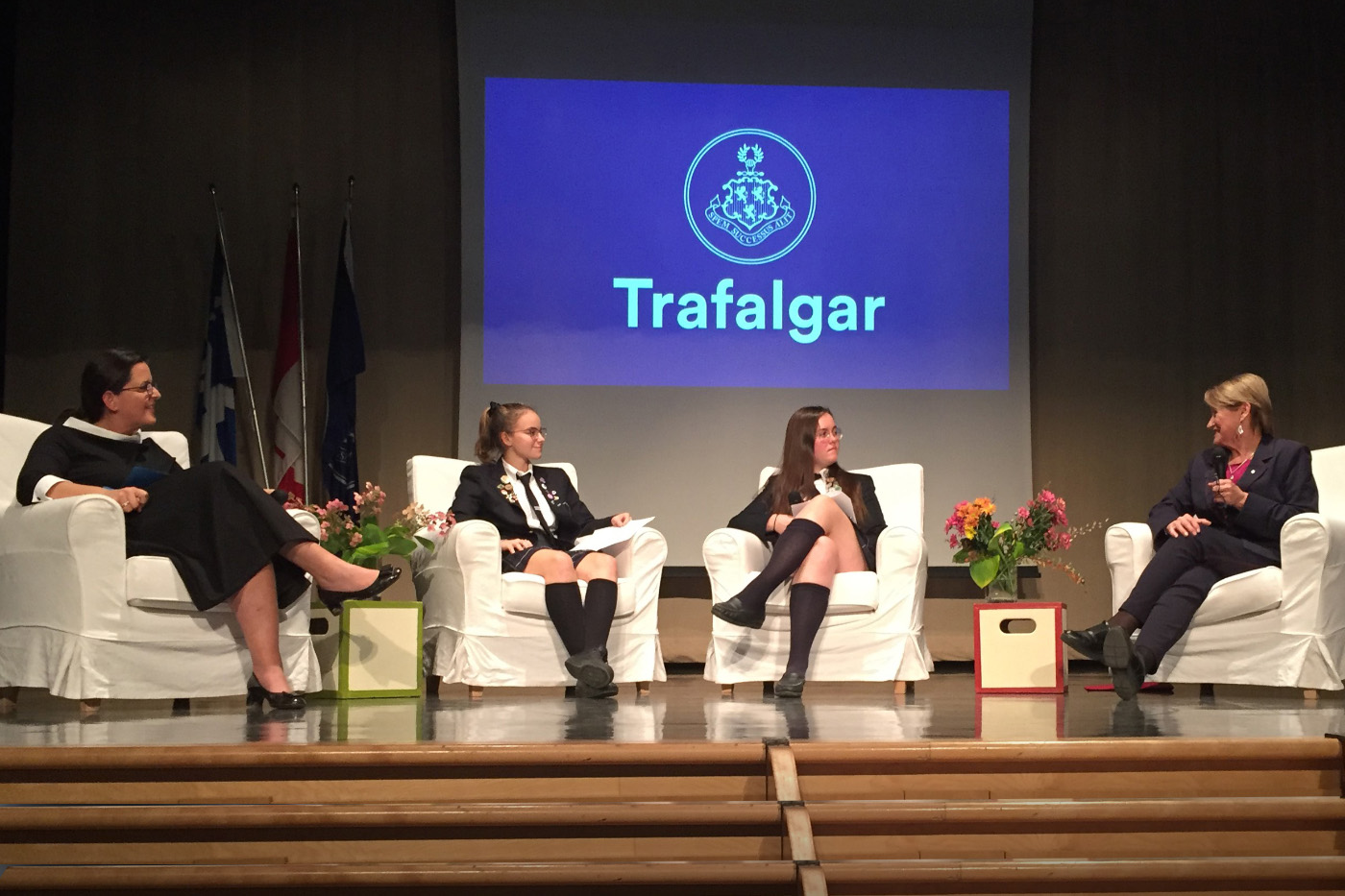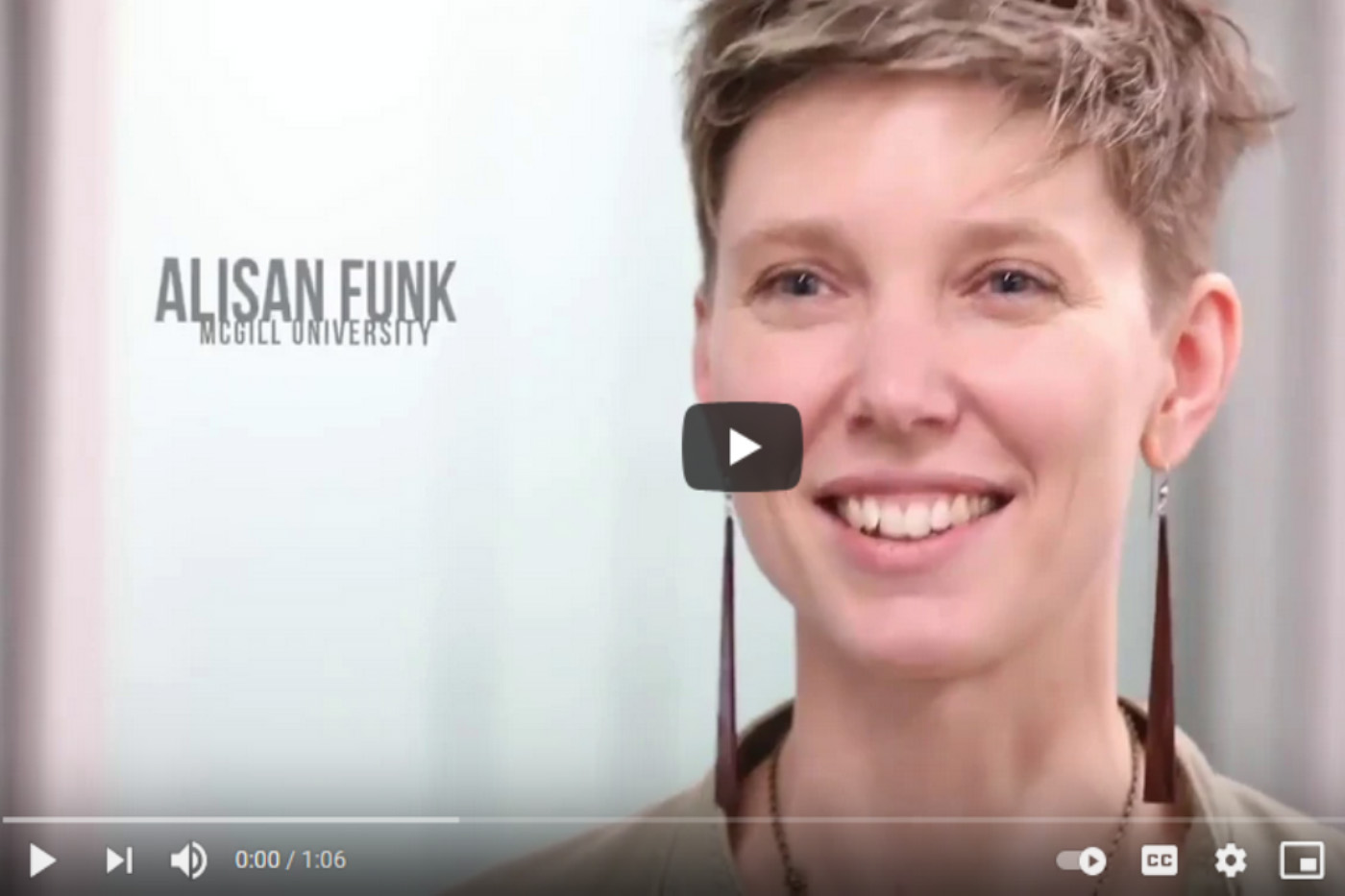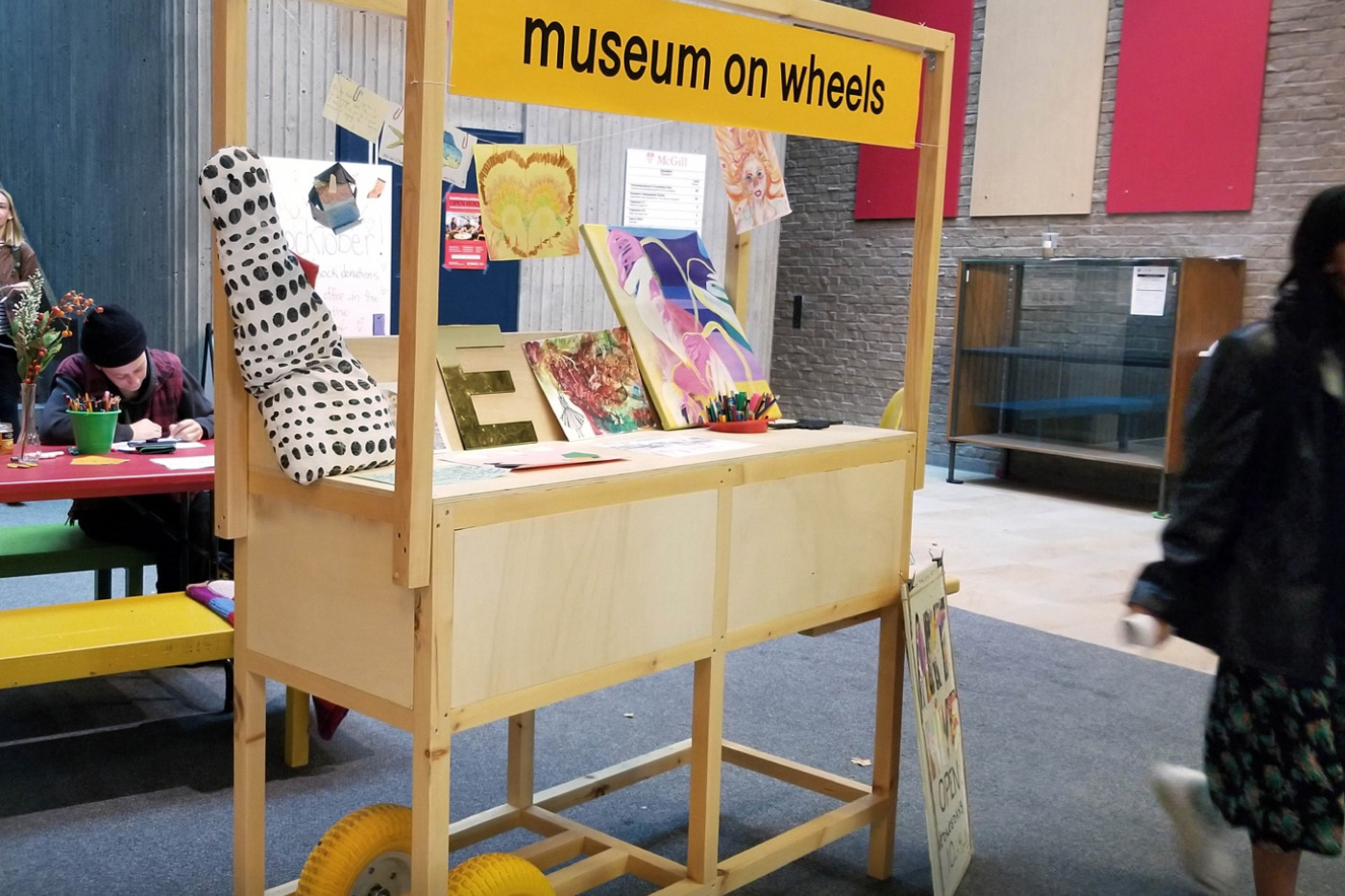McGill Faculty of Education is home to three institutes and two research centres that propel innovation, discovery, and societal advancements. These hubs for interdisciplinary work not only allow Education's global experts to collaborate with fellow McGill researchers from different departments and faculties, but also facilitate partnerships with recognized specialists from like-minded universities, institutions, governments, non-profit organizations, and other vital entities from around the world.
Institutes & Research Centres
Sylvan Adams Sports Science Institute at McGill University (SASSI)
SASSI advances elite sport performance through academic research. Through its relationships with local and national sport organizations, the institute aims to transfer sports science research findings directly to the athletes, coaches, and support staff for whom it matters most.
McGill Institute for Human Development and Well-Being (IHDW)
IHDW addresses the role that leadership and policy-making can play in human development and well-being for at-risk populations and minorities as well as individuals with disabilities or mental health issues.
Research Partnerships & Initiatives
McGill Faculty of Education cultivates relationships with local and international institutions, to propel research innovation. These partnerships offer many advantages to both universities and principal investigators; inspiring new discovery, sharing resources and expertise, as well as bridging cultural divides. Read more about the Faculty’s special initiatives and collaborations that extend our reach far beyond McGill campus.
Education for Mental Health Resilience Program (EMHR)
Today’s students live with unprecedented levels of anxiety and depression, navigating through these difficult stresses is not always instinctive. Faced with an urgent need to address the mounting number of societal stressors, McGill's Faculty of Education experts have developed the Education for Mental Health Resilience (EMHR) project; a monumental program that has the potential to be scaled internationally and implemented in both formal and informal educational settings.
Lead by McGill experts in educational and counselling psychology, McGill’s Faculty of Education is making strides in building mental health resilience through inclusive education with the objective of empowering individuals to develop stress-management coping skills and responsible self-care. The goal is twofold: To provide youth with evidence-based strategies for improved mental health so that they can thrive in difficult or demanding circumstances; and to provide wellness training to educators, advisors, and others who work with student populations.
Jointly managed by McGill University’s Faculty of Education, the McGill University Asia Office, and the McGill International Institute of Education the EMHR project was launched in October 2020 during the inaugural McGill Mental Health Awareness Week in Asia.
The McGill-Trafalgar CoLab
McGill University’s Faculty of Education and Trafalgar School for Girls are partnering to establish a transformative partnership - the CoLab. A first of its kind in Canada, the CoLab will integrate teacher training, classroom practice, and cutting-edge pedagogical research under one roof.
Inspired by laboratory school models at Oxford, Columbia, University of Chicago, and UCLA, the CoLab aims to deliver a dynamic and collaborative learning environment where secondary school and university educators will work together to transform the classroom and the future of teaching and learning.
The CoLab will create an environment where research hubs are integrated into every teaching area; teachers-in-training learn in a space where research and practice are seamlessly combined; secondary students benefit from experiential, interdisciplinary learning; and practicing teachers can share expertise and engage in lifelong learning.
Global Alliance in Education Research
McGill University’s Faculty of Education is part of an alliance with four other world-class education faculties across the globe: Oxford University (England), Stanford University (USA), Monash University (Australia) and the University of Hong Kong (China). This international Education Alliance will facilitate the world leaders in education set a global agenda for community advancements, provide an international networking forum, and establish exciting professional opportunities for researchers.
As one of the Alliance’s initiatives, a PhD student from each of the five universities is invited to attend a week-long seminar at Monash University to share their research and connect with fellow researchers. McGill’s first attendee in 2018 was Jane Malenfant whose research looks at youth homelessness and education. Alisan Funk, DISE Doctoral Student who is pursuing her thesis in the area of circus education, will be travelling to Australia as an attendee in 2019.
P. Lantz Initiative for Excellence in Education and the Arts
Named for passionate alumna and benefactor, Pauline Lantz Smith (M.Ed. ’75), the P. Lantz Initiative for Excellence in Education and the Arts provides valuable access to resources, inspiration, and discovery the McGill Education Community. These creative arts activities and events not only provide platforms for exploration and self-expression, but reinforce the vital role the arts play in cognitive development and problem-solving.
Along with being an important outlet for self-expression the P. Lantz Initiative for Excellence in Education and the Arts also funds student scholarships, an artist-in-residence mentorship program, public exhibits, and music education partnerships in local schools.
The P. Lantz Initiative is coordinated by the McGill Faculty of Education, Department of Integrated Studies in Education, Institute for Human Development and Well-Being, and Participatory Cultures Lab.
